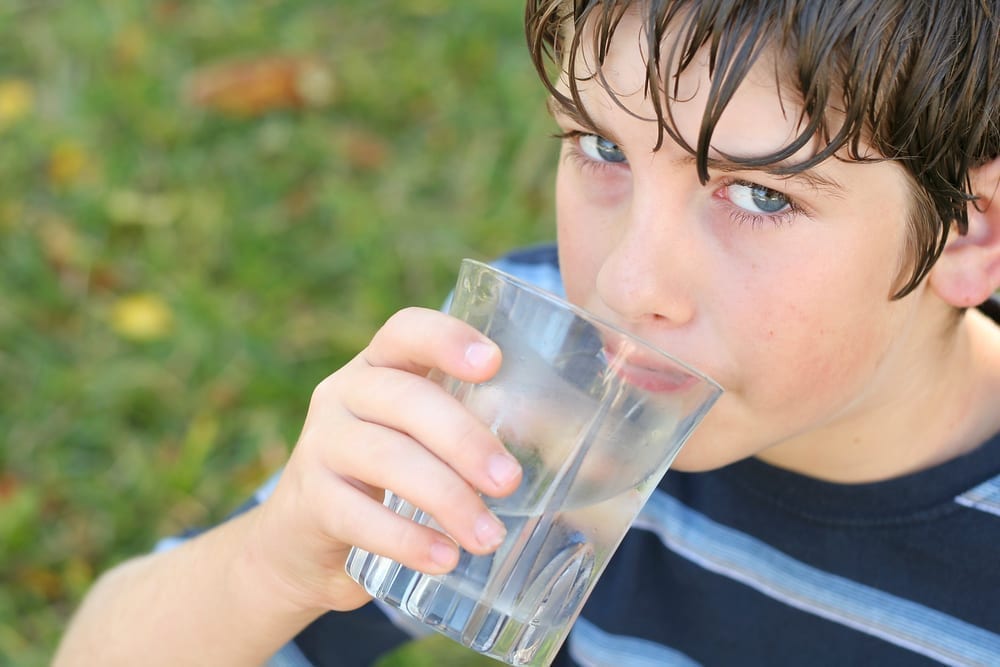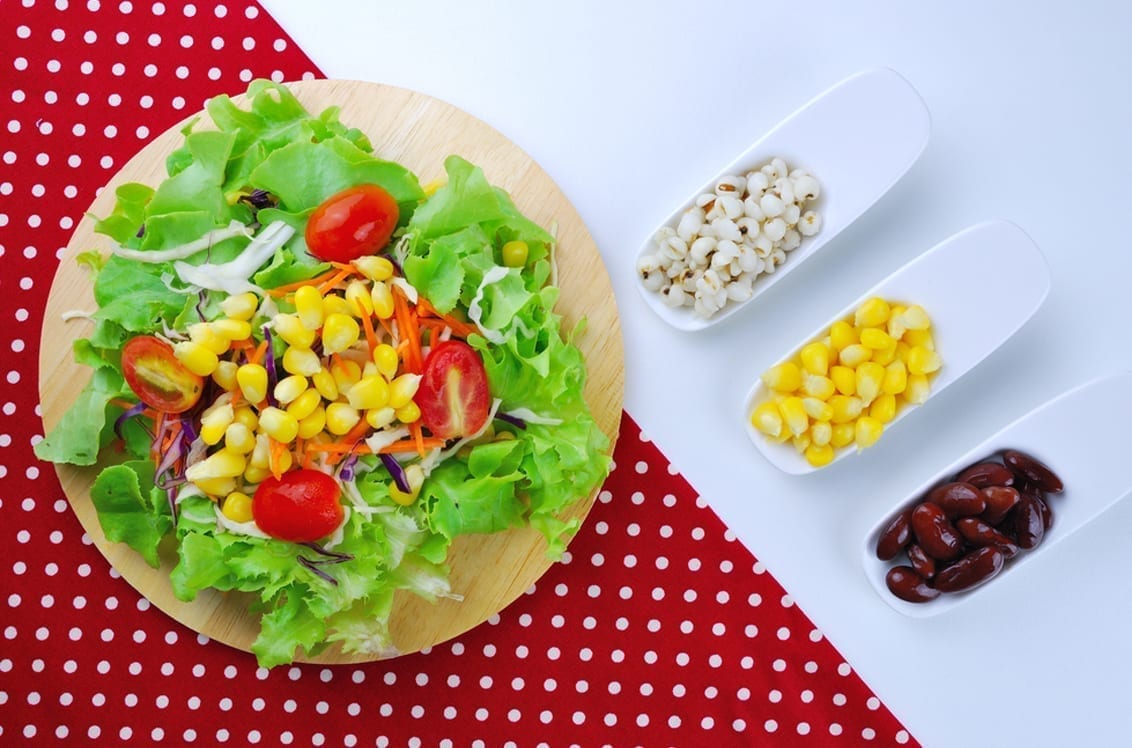1. Drink a lot of liquids: You must drink beyond the feeling of quenched thirst during these days. It’s advised to drink at least 3 liters of water a day. Cold drinks are far better than hot ones and water is better than other liquids.
2. Try not to leave the house: If you need to go out find a place to rest in the shade that is cooler. Make sure you are protected from the sun. Babies especially should be protected from the sun with hats, suitable clothing and sunblock cream.
3. Driving or riding in a car? Make sure not to leave children in the car. Car temperatures can rise dramatically in a few short minutes causing heat stroke and death. Never leave children unattended in the car even with open windows. When necessary the car motor should be on along with the air conditioner and they should have ample water and an accompanying adult in the car.
4. Totally avoid outdoor sport activity during peak heat hours. If you are doing sports activities after the peak heat passes in the evening still make sure you have a lot of water to drink and to go a little easier on yourself.
5. Use high spf (sun protection factor) number sunblock: Avoid long exposure to the sun and stay away from the beach during peak heat hours. Bathing at the beach should be done in the early morning or late afternoon when temperatures are more reasonable provided it is an official beach and there is a life guard.
6. Workers exposed to the sun and peak heat outdoors should wear loose airy clothing which allows sweat to evaporate and cool off take breaks more often to rest in the shade or air conditioned room and drink a lot (even a liter an hour).
7. Be aware of signs of dehydration: These include headaches, dizziness and weakness. If these happen, stop work immediately drink a lot, more than quenching your thirst, and rest in a cool place. If fainting, blurry vision, confusion or rise of body temperature comes call emergency medical responders. In Israel the phone number is 101 for Magen David Adom. Listen to the instructions of the professionals on the phone hotline. While waiting for the emergency responders to come, cool off patient by stripping his clothing, sprinkling him with water or a wet wash cloth and blowing a wind on him with a fan or air conditioner.
8. Pay special attention to babies, children the elderly and the handicapped: Parents of babies and toddlers should pay attention to their behavior to make sure they have no display of dehydration symptoms. Make sure they have ready access to water and that they are always in the shade. Magen David Adom recommends that adults with elderly parents should keep more in touch with them to make sure they have enough drink and they are in a cool shady place and show no signs of dehydration or heat stroke.





